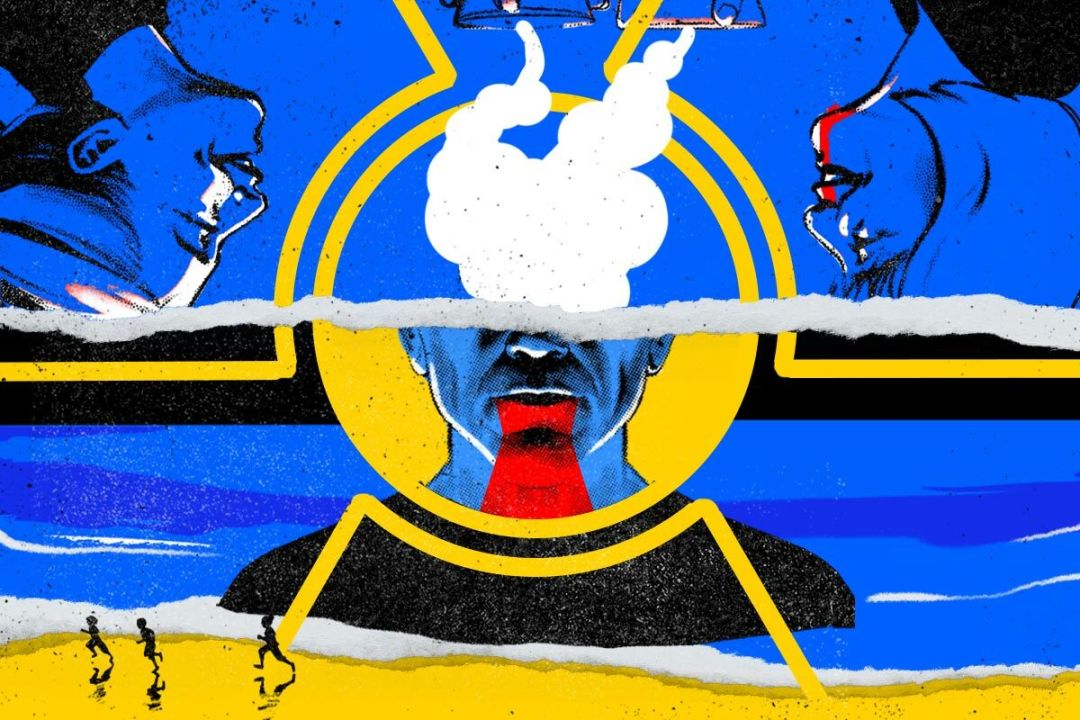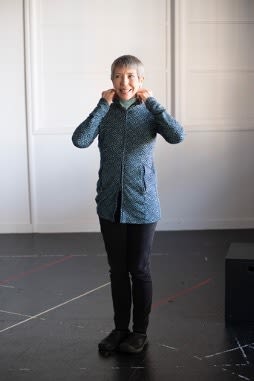What’s It Like to Direct a Play?

Rehearsals for Artists Rep’s next play, The Children by Lucy Kirkwood, begin in mid-March. But as director, my work starts months ahead of rehearsals with design discussions, plans for casting, reading the play again and again, and mulling. Lots of mulling.

Luan Schooler, Interim Artistic Director at ART is directing the upcoming production of The Children by Lucy Kirkwood.
Image: Lava Alapai
Rehearsals are all about details: Who moves where when (and why)? What compels each character moment by moment? What tiny gesture -- like the particular way a cupboard is opened -- reveals more than words? But while rehearsals are specific and concrete, the work of preparing to direct is a bit amorphous. It’s mostly wondering: What ideas are between the lines? How can these themes be alive onstage? What do things mean? What’s the connective tissue between this play and the world we live in?
In The Children, three retired nuclear scientists with a tangled professional and personal history have to grapple with their responsibility during a meltdown of the power station they built. Here’s a partial list (in no particular order) of ideas and questions the play inspired for me:
- What does sacrifice mean? In religion, it’s the offering of something to supernatural powers to establish a bond between the sacrificer and the sacred power. Why is it always a life that is sacrificed – a ram/child/virgin but never a rock/tool/vessel? In secular life, some important thing is given up in order to gain something else that’s more important. In this sense, time, wealth, independence, space, comforts – things not lives – are sacrificed.
- How is sacrifice different from martyrdom? Does it come down to who makes the choice? A martyr offers their own life, but a sacrificer/community offers someone else’s?
- How much realism is actually necessary for scenic design? For many years, designers have been encouraged to create sets that are realistic down to the smallest detail, but do we really need to see a complete box of walls to know that a play is happening in a room?
- How does fusion work? And what actually happens during a meltdown?

Nuclear power plant at night.
Image: mhollaen from Pixabay
- What is the common good, not in the narrow way the economic philosophers think of it but in a colloquial way? In the way of “these basic things are good for most everyone in the community.” It seems like agreement on this shouldn’t be so elusive.
- What exactly do nuclear engineers do, and how is that different from nuclear physicists?
- Auditions on Zoom? How?
- Expendable, adjective: Of little significance when compared to an overall purpose, and therefore able to be abandoned (Oxford Dictionary) The word can be used to describe objects or people. Is there an overlap between sacrifice and expendable?
- Michio Ito, a retired Japanese engineer facing a situation similar to The Children, said, "I don't think I'm particularly special. Most Japanese have this feeling in their heart. The question is whether you step forward, or you stay behind and watch.” How many Americans would do that? Would I?
- Are “adult” and “adultery” connected? No. Adult is derived from the Latin, adultus, meaning mature, ripe, grown-up. Adultery comes from the Latin adulterare which means to pollute, falsify, or corrupt. So “childish adultery” is not an oxymoron.
- The Great Law of the Haudenosaunee, the founding document of the Iroquois Confederacy, includes this: “In our every deliberation, we must consider the impact of our decisions on the next seven generations.” Greta Thunberg’s speech at the 2018 UN Climate Change Conference included this line: “You say you love your children above all else and yet you are stealing their future in front of their very eyes.” Hmmm.

Inspired by Greta Thunberg, school children joined the Global Climate Strike.
Image: Garry Knight
Will these ideas be clearly observable in the production? Will the audience see each distinct question rise and resolve? Probably not. But will wondering about them lead to a more complex, textured, and nuanced expression of the play? My hope is that it will – and that if you come see it, you might also be moved to wonder about the ideas The Children holds inside.
